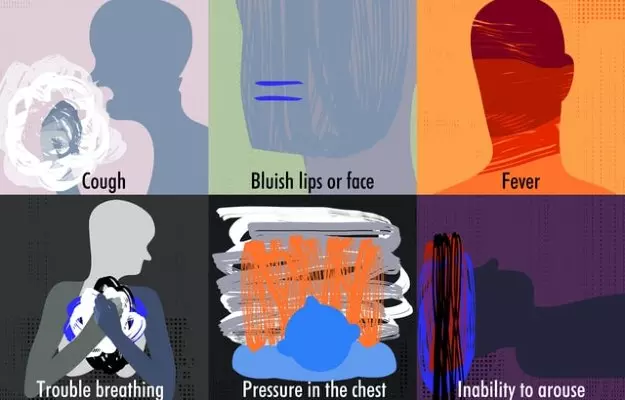The COVID-19 infection emerged in Wuhan, China, late last year. Since then, the respiratory disease has spread to almost all parts of the world, with close to 2.17 crore people having been affected by it and nearly 7.75 lakh people having succumbed to it globally as of 17 August 2020.
However, of those 2.17 crores, more than 1.3 crore patients are said to have recovered from the disease. But what does recovery mean? Have the people who test negative after suffering from COVID-19 truly recovered if they still have symptoms that prevent them from going about their daily lives? How long do these post-COVID symptoms last?
Over the past few months, people affected by the new coronavirus infection have given first-person accounts of how they have been showing various symptoms of COVID-19 after being discharged from hospital or testing negative for it after home-based care for COVID-19 patients, and being given a "recovered" tag clinically.
There is growing evidence of people suffering from the after-effects of COVID-19, which has given rise to the terms "Long COVID" and COVID-19 long-haulers—to describe people who have post-COVID symptoms for weeks or even months in some cases. Medical and scientific experts are now calling for the term—as well as the condition itself—to be officially recognised by the public health authorities of different countries. (Read more: The complete post-COVID care guide)






























